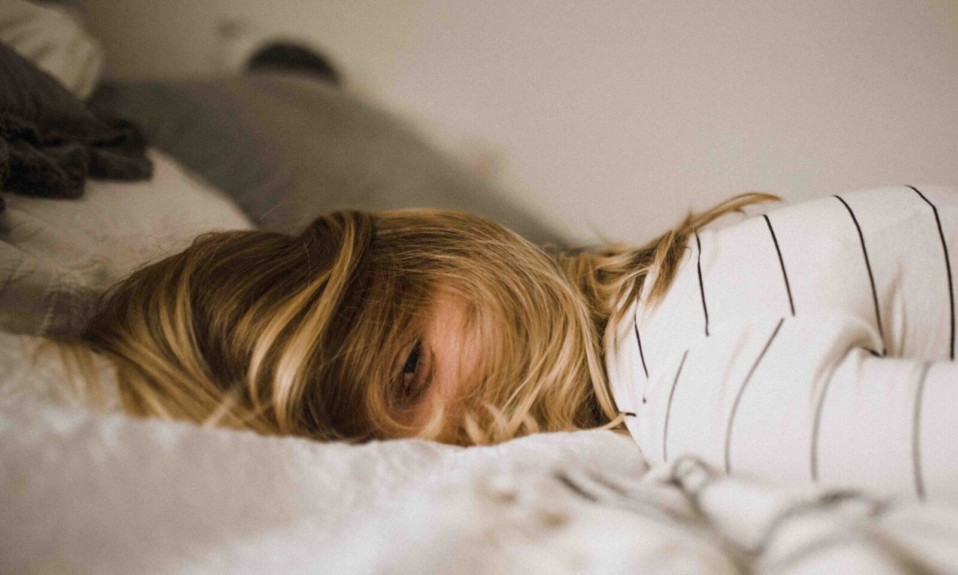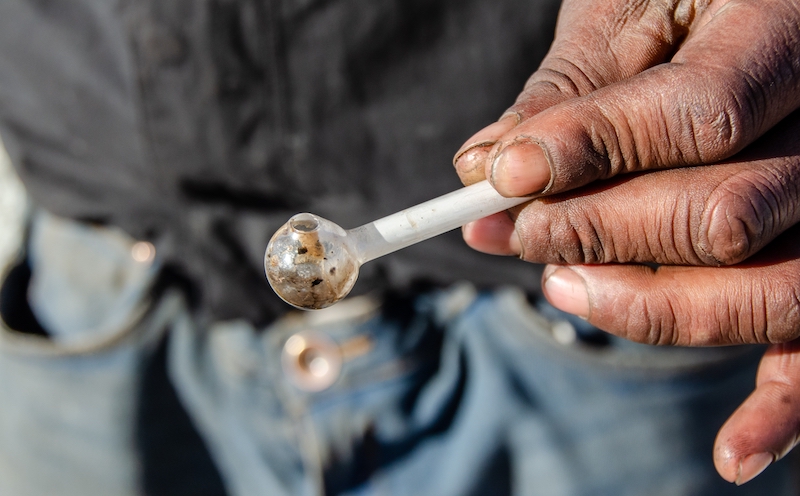I wake up terrified, convinced I‘d relapsed. Now I welcome them as part of my sober journey—and get myself to a meeting.
By Patrick McElwaine, Psy.D., LPC
January 6, 2021“Drunk dreams”—I could also call them nightmares—early or later in recovery can be terrifying.
When I started my sober journey, I struggled for years, relapsing more times than days of sobriety. For four years, I would be in and out of Alcoholics Anonymous (AA) rooms and starting and stopping with numerous therapists. There was so much I needed to learn and understand about addiction and recovery.
Then: my first drunk dream.
It’s something I will never forget. I was naive early in my recovery and wasn’t sure that long-term recovery was possible. At times, I would put together a few weeks or months before having a relapse. Before my first intense drunk dream, I felt pretty good about putting together a few weeks.
Then one morning, I woke up feeling that I was still intoxicated, sweating. I realized I felt intense guilt and shame—as if I really l had relapsed and gone on a bender. The dream felt so real and vivid! After what seemed like a very long time, I realized I had had a dream about drinking. I needed reassurance from my wife, and I kept saying, “I can’t believe how real that felt.”
Of course, I was drinking—in fact: drunk—in the dream. I was also lying, manipulating and hurting loved ones in it. Even though I was feeling better that I didn’t relapse on alcohol and drugs, I did feel a sense of shame and thought that I was going crazy. Is this normal? Who has dreams about lying, manipulating others and drinking?
I went to a beginners AA group that day and was very nervous about bringing up what had happened to me. After I raised my hand, spoke about it and asked if this was normal, the other members were quick to reassure me. Most of them told me they too had these types of dreams. I felt better hearing from them that it can be normal in recovery.
I would soon learn that having this type of dream also added to the evidence that I was an alcoholic. Further evidence, as if I needed it, that I had a drinking problem. This would help me later in my recovery accept that I cannot drink alcohol.
There are many different ways that you can interpret dreams and their meanings. In the process of my recovery, understanding that these drunk dreams can be a normal part of recovery was extremely beneficial.
If even just one person reads this column and understands that they can happen and are part of a healthy recovery, mission accomplished.
I still occasionally have drunk dreams or one where I am tempted by alcohol and/or drugs. I welcome them now. These dreams tell me that I need to get to a 12-step meeting—quick. It’s a sign I need to reassess one or more areas of my life to ensure that I am physically, mentally, spiritually and emotionally healthy.
They’re part of my recovery tool kit to help myself stay on the right side of the street in my recovery. If you have them, too, fear not. Embrace them as just one more part of your sober journey.
Patrick McElwaine, Psy.D., LPC, is known as “Dr. Mac” to his clients, students and colleagues. He has his own counseling practice, teaches counseling psychology at Holy Family University in Pennsylvania, is a faculty member at the Beck Institute and serves on the Bucks County National Alliance on Mental Illness (NAMI) board of trustees. His column, “Dear Recovery,” publishes regularly on TreatmentMagazine.com. Read more of his Dear Recovery columns here.












